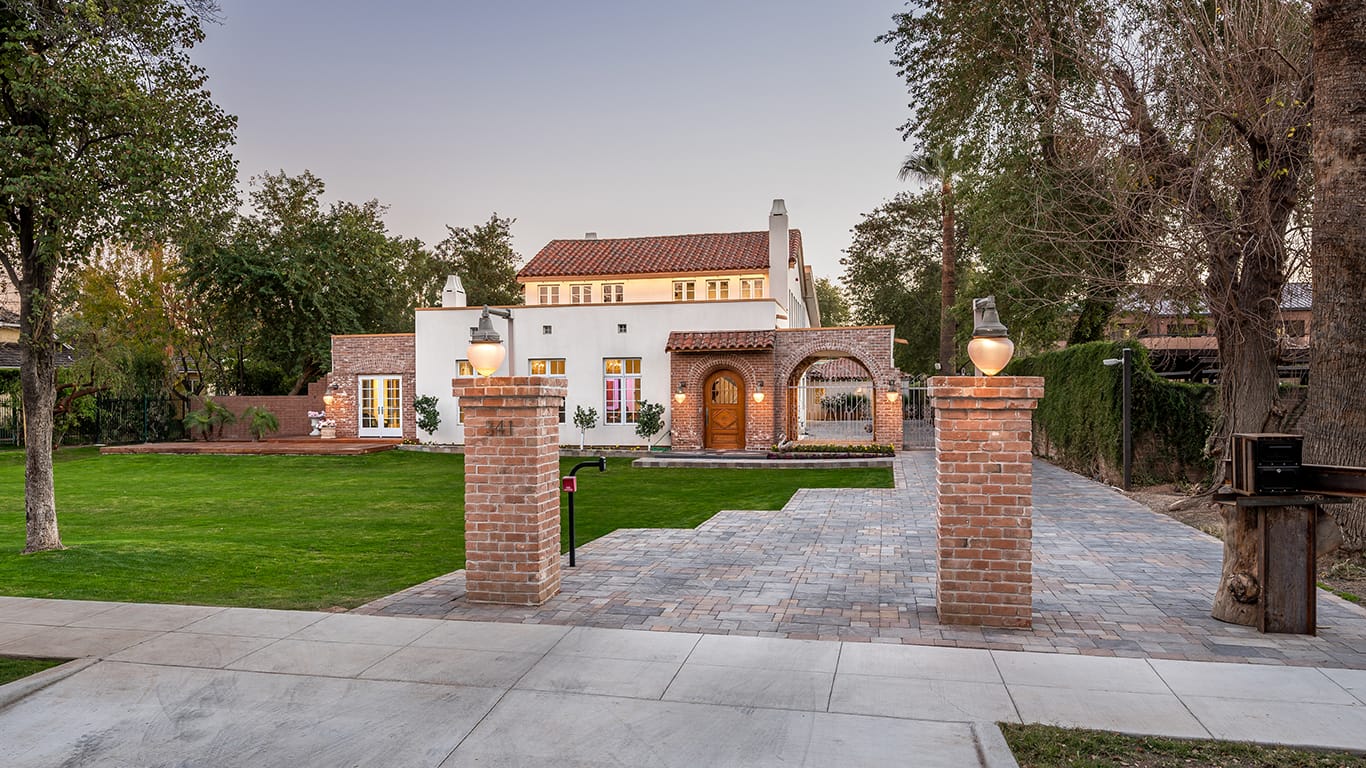Co-ops and condos: The pros and cons of each

Sourced By: Bankrate
More than 74 million Americans live in community associations, according to the Foundation for Community Association Research, with a total of about 358,000 associations nationwide. Two of the most common types are condo associations and housing cooperatives, or co-ops. The main difference between the two lies in their ownership structures.
Condo vs. co-op: What’s the difference?
Both condos and co-ops are similar in that residents live in separate units with shared common areas, such as a pool, recreation center or playground. However, each has a different method of ownership.
When you buy a condo, you own the unit itself and a percentage of the common areas. When you buy a co-op, though, you’re actually purchasing a share of the overall property, and your share gives you the right to live in your designated unit. Think of co-ops the same way you might think about investing in the stock market: You’re a shareholder, so you have certain rights and a say in how the co-op is run.
Here are some other primary differences between a condo and a co-op:
1. Price
A co-op is often cheaper than a condo, according to the National Association of Housing Cooperatives (NAHC). However, the down payment for a co-op can be high. While condo owners can take advantage of lower–down payment mortgages, such as a 3 percent conventional loan, most co-ops require a down payment of at least 10 to 20 percent, according to the NAHC. In some cases, that requirement can be significantly higher, too. In Manhattan, for example, it’s not uncommon to see a 50 percent down payment requirement for co-ops.
There’s another trade-off, though: Closing costs for a co-op are likely to be lower than the final expenses on a condo, as you won’t need to pay for some fees, like title insurance.
If you have plenty of upfront cash to buy a home, the lower price of a co-op can be appealing. If you’re in need of a mortgage, though, a condo might be a better move. Mortgage lenders are typically more likely to issue loans for a condo than a co-op. That’s because if a borrower defaults on a condo loan, the lender has real property to deal with rather than shares, which can be harder to sell.
2. Fees
Co-op fees tend to be higher than condo fees because co-ops roll all the monthly expenses into one bill (often called the “maintenance”), including gas, water and property tax.
For example, if a co-op shareholder owns 2 percent of the property, they will pay 2 percent of the electric bill. For residents who travel a lot or might not use that much electricity each month, this model could be a waste of money. On the other hand, it might be convenient for those who prefer the simplicity of one monthly bill. Condo owners pay their utilities and tax bills on their own, so those costs are not reflected in the monthly fees.
“When [co-op] buyers see these enormous fees, they put on the brakes and say, ‘No way on the planet am I paying that much money’ — but they will probably spend that much in a condo,” says Leslie White, a Redfin agent in the Washington, D.C. area. “My advice is to break down the costs and do a side-by-side comparison to get an accurate picture of what you will pay each month.”
Categories
Recent Posts









